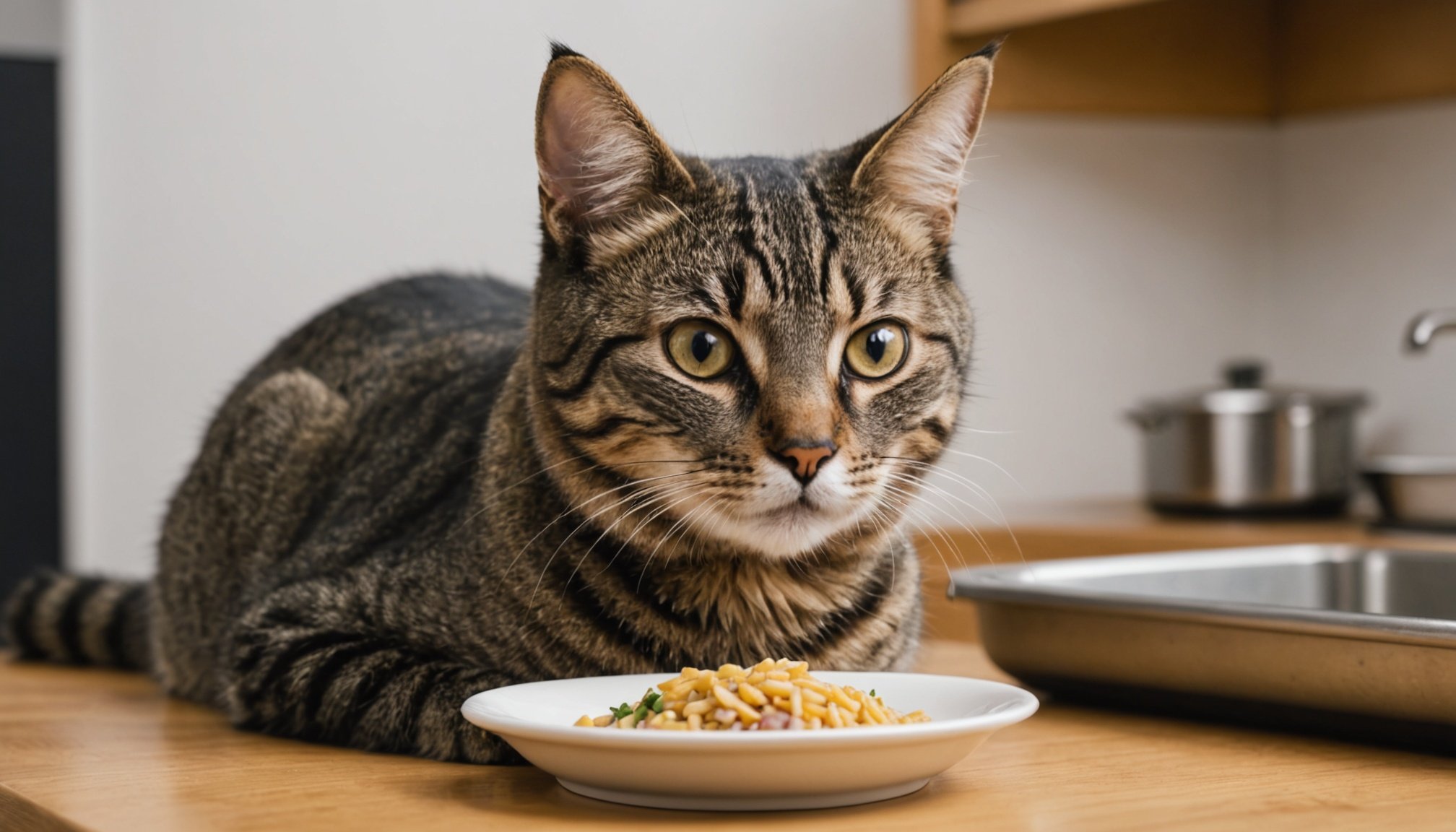Understanding Urinary Tract Infections in Cats
Urinary Tract Infections (UTIs) are a common concern in cat health and can cause significant discomfort in felines. Early detection and treatment are crucial. UTIs in cats can be triggered by diverse causes, including bacterial infections, bladder stones, and stress-related factors. Recognising the potential risk factors, such as age, gender, and underlying health conditions, can help cat owners prevent these issues.
Cats suffering from a urinary tract infection often exhibit specific symptoms. These may include:
A découvrir également : Crafting a Cozy Sanctuary: Tips for Supporting Your Cat with Feline Herpesvirus During Flare-Ups
- Straining to urinate
- Frequent trips to the litter box
- Blood in the urine
- Excessive licking of the urinary opening
It’s vital for owners to monitor these signs closely, as they indicate the need for prompt veterinary care. Early detection not only alleviates pain for the cat but also reduces the risk of complications. If left untreated, UTIs can lead to kidney infections or blockages, posing serious health risks.
Regular veterinary check-ups and maintaining a clean litter environment are effective preventive measures. Diagnosing and addressing UTIs early will preserve your cat’s well-being and overall health, ensuring a happy, infection-free life.
Dans le meme genre : Crafting a Cozy Sanctuary: Tips for Supporting Your Cat with Feline Herpesvirus During Flare-Ups
Nutritional Foundations for Urinary Health
A cat’s diet significantly influences its urinary health. Providing a balanced intake of essential nutrients is crucial.
Importance of Hydration
Hydration is key for maintaining feline urinary health. Increasing your cat’s water intake can be achieved through several methods. Offer wet food over dry food when possible, as it naturally contains more moisture. Wet food helps to keep the urinary tract flushed, reducing the risk of stone formation. Using water fountains can also encourage cats to drink more due to their stimulating flow. Another strategy is to flavour water with low-sodium chicken broth, making it enticing for the cat.
Key Nutritional Ingredients
Incorporating specific nutritional ingredients can support urinary health. Ensure the diet includes high-quality protein sources to maintain muscle mass and overall health. Omega fatty acids help reduce inflammation, and cranberries are known for their potential to prevent urinary infections. Moreover, maintaining a proper pH balance in the diet is vital, as an inappropriate pH can lead to stone formation.
Portion Control and Feeding Practices
Portion control plays a significant role in maintaining a healthy weight, impacting urinary health positively. Cats should be fed small portions multiple times a day. Monitoring your cat’s weight is essential, as overfeeding can lead to obesity, which is a risk factor for urinary issues. Adjust the diet as needed to promote a healthy weight.
Recommended Diet Types
Choosing the right cat food is crucial for your feline’s health. With various diet types available, it’s important to consider options that support health maintenance and disease prevention.
Commercial Diets
Prescription diets designed for urinary health can be beneficial. These diets are formulated to prevent the formation of urinary stones and promote a healthy urinary tract. High-quality commercial cat foods often contain balanced nutrients needed for overall health. It’s important to read labels carefully, ensuring that the food provides vital nutrients like protein, fatty acids, and taurine. Understanding ingredients helps make informed decisions, steering clear of unnecessary additives.
Homemade Diet Options
Preparing homemade meals has its pros and cons. On the plus side, you control the ingredients, ensuring freshness and quality. However, creating a balanced homemade diet can be challenging. Essential components include proteins, vitamins, and minerals. It’s crucial to consult a veterinarian before making dietary changes to ensure it’s nutritionally adequate.
Supplementing Your Cat’s Diet
Beneficial supplements such as probiotics can support digestive health. Consider supplements if your cat is missing certain nutrients from its diet. Choosing the right supplements involves evaluating your cat’s specific health needs and consulting with a veterinarian before introducing any new products.
Recognizing Signs of Dietary Issues
Understanding cat behavior is key to identifying dietary problems. One primary indicator is a change in your cat’s bathroom habits. For instance, alterations in the frequency or consistency of their stools can signal digestive issues. If you notice persistent diarrhea or constipation, these may suggest a deeper concern that requires attention.
Another aspect to consider is observing variations in appetite and energy levels. A sudden increase or decrease in food consumption, without an apparent environmental change, could reflect nutritional deficiencies. Energy levels can also provide clues; a normally playful cat becoming lethargic might indicate an improper diet.
Monitoring your cat’s health through regular veterinary check-ups is crucial. Vets can identify subtle signs that may be easily overlooked, thus maintaining your cat’s well-being. During these visits, discuss any observed dietary changes or behavioral shifts, as early intervention can prevent serious health issues.
By keeping a close eye on these factors, you can help ensure your cat leads a healthy and active life. Recognizing dietary issues not only improves their quality of life but also strengthens your relationship with your pet.
Vet Recommendations and Resources
When navigating the landscape of cat care, seeking professional guidance is indispensable. Regular consultations with a veterinarian unveil the nuanced needs of your feline, especially concerning diet. Cats require diets tailored specifically to their individual health parameters. Veterinarians hold the expertise to advise on ingredients, nutrients, and serving sizes ideal for your pet’s health, ensuring all nutritional requirements are met.
Seeking Professional Guidance
Professional veterinary advice is paramount. Routine vet visits facilitate crucial dietary recommendations, finely tuned to your cat’s health and lifestyle. Tailoring a diet for your cat considers factors such as age, weight, and health conditions. Nutrition plays a foundational role in maintaining a cat’s overall well-being, impacting everything from energy levels to immune function.
Educational Resources and Tools
Leverage educational resources and tools to broaden your understanding of cat care. Books and reputable websites furnish valuable insights into feline health. Additionally, apps can track diet and health metrics, offering guidance on feeding regimens. Community resources such as forums allow pet owners to share experiences and obtain advice, enhancing the overall care approach.
Developing a Long-Term Diet Plan
To ensure sustained health, work alongside your vet to craft a personalized dietary plan and continuously monitor and adjust it. Consistency in diet is key, forming a cornerstone of longevity and vibrancy for your cat.










